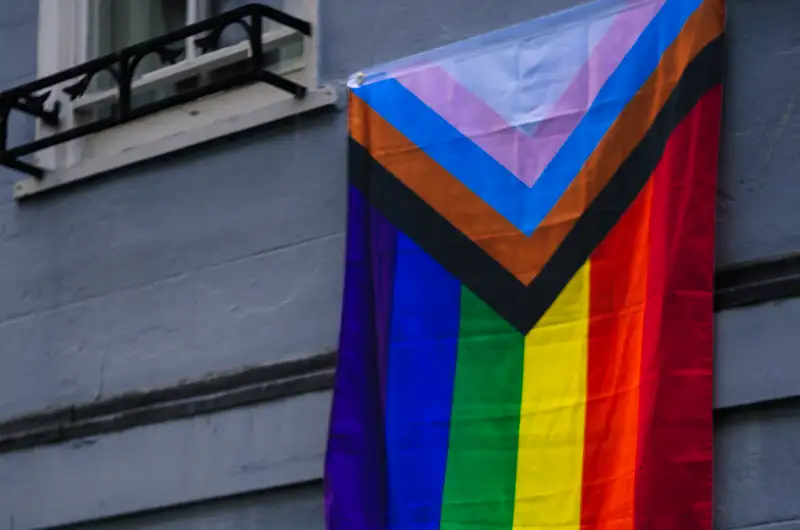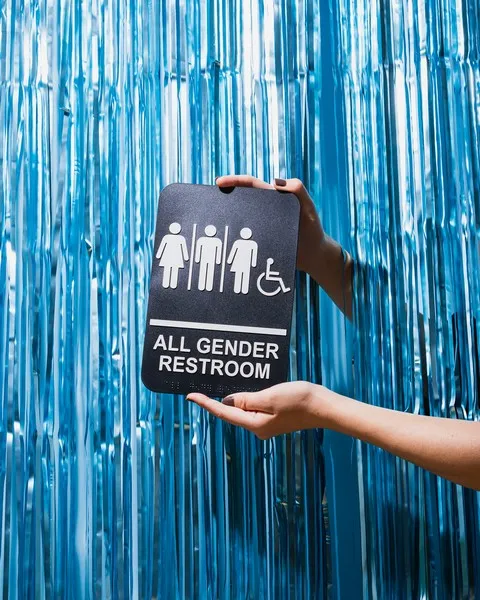In the field of sociology, attitudes towards the LGBT (Lesbian, Gay, Bisexual, and Transgender) community have been a subject of significant interest and study. The understanding and analysis of these attitudes provide valuable insights into the social dynamics and progress of societies. This article aims to outline and explain the various attitudes towards the LGBT community within a sociological context.
1. Historical Perspective
Attitudes towards the LGBT community have evolved over time, reflecting changes in societal norms and values. Historically, many societies held negative attitudes towards homosexuality and transgender identities. These attitudes were often rooted in religious, cultural, or moral beliefs, leading to discrimination, stigmatization, and marginalization of individuals identifying as LGBT.
However, as societies have progressed, there has been a gradual shift towards more inclusive and accepting attitudes. This shift has been influenced by factors such as increased visibility of LGBT individuals, activism, legal reforms, and changing cultural perspectives.
2. Attitudes and Stereotypes
Attitudes towards the LGBT community are often shaped by stereotypes and preconceived notions. Stereotypes can be both positive and negative, and they influence how individuals perceive and interact with LGBT individuals.
Positive stereotypes may include notions of creativity, fashion sense, or artistic talent associated with the LGBT community. While these stereotypes may seem harmless, they can still contribute to the objectification and tokenization of LGBT individuals.
Negative stereotypes, on the other hand, can perpetuate discrimination and prejudice. These stereotypes may include beliefs that LGBT individuals are promiscuous, mentally unstable, or a threat to traditional family values. Such stereotypes can lead to social exclusion, violence, and limited opportunities for LGBT individuals.
3. Social Acceptance and Rejection
Social acceptance or rejection of the LGBT community varies across different societies and cultures. Some societies have made significant progress in accepting LGBT individuals, providing legal protections, and recognizing same-sex relationships. In contrast, others continue to hold conservative attitudes and maintain discriminatory laws and practices.
Factors influencing social acceptance include cultural values, religious beliefs, political ideologies, and levels of education. Societies that prioritize individual rights, equality, and diversity tend to have higher levels of acceptance towards the LGBT community.
4. Intersectionality
Attitudes towards the LGBT community are also influenced by intersecting identities such as race, gender, and socioeconomic status. Intersectionality acknowledges that individuals may face multiple forms of discrimination and oppression based on the intersection of their identities.
For example, LGBT individuals who belong to racial or ethnic minority groups may face additional challenges due to racism and cultural biases. Similarly, transgender individuals may face unique forms of discrimination and prejudice compared to their cisgender counterparts.
5. Impact of Media and Education
The media and education play a crucial role in shaping attitudes towards the LGBT community. Positive and accurate representation of LGBT individuals in media can challenge stereotypes and promote understanding and acceptance.
Education also plays a vital role in combating prejudice and promoting inclusivity. Schools and educational institutions that incorporate LGBT-inclusive curricula and create safe spaces for discussion can foster positive attitudes and reduce discrimination.
6. Changing Attitudes and Future Outlook
Attitudes towards the LGBT community have shown significant progress in recent years. The legalization of same-sex marriage in many countries, the decriminalization of homosexuality, and increased visibility of LGBT individuals in various fields have contributed to changing attitudes.
However, challenges and barriers still exist, and further efforts are needed to achieve full acceptance and equality for the LGBT community. Ongoing advocacy, awareness campaigns, and policy changes are crucial in shaping a future where all individuals, regardless of their sexual orientation or gender identity, are treated with dignity and respect.
In conclusion, attitudes towards the LGBT community have evolved over time, reflecting changes in societal values and norms. Stereotypes, social acceptance, intersectionality, media, and education all play significant roles in shaping these attitudes. While progress has been made, continued efforts are necessary to foster inclusivity and equality for the LGBT community.





